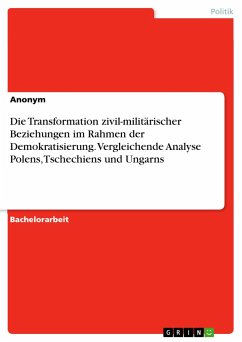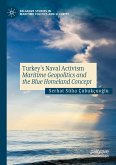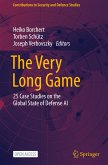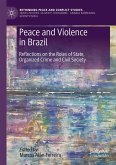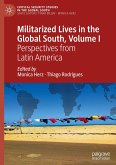The book challenges the main theoretical assumption on the military-police distinction, grounding works on contemporary military missions and security policies, and provides tools to overcome the analytical hindrances posed by the traditional framework. It is argued that the question to be asked to understand the deployment of the armed forces within national borders refers less to the identification of an essential police and military activity and more to how the process of proposing and accepting the use of force takes place. That is, how a particular use of the state s instruments of lethality is legitimized. Legitimation is conceptualized as a communicative process in which a set of actors, through discursive practices, mobilize and articulate ideational resources within a particular social arrangement, reinterpreting and articulating them to make sense of a particular situation and justify a course of action, producing an apparent consensus. The book presents an analytical framework to address processes of violence legitimation, designed to provide a tridimensional view of the interplay between actors, ideas, and social arrangement, dissecting how the line of the acceptable use of force is shaped and stabilized. It is applied to Brazil, specifically, to three major military domestic operations Operation Rio (1994-1995), Operation Arcanjo (2010-2012), and Operation Rio de Janeiro (2017-2018). Brazil has a history of internal military deployment, and the selected operations are relevant in terms of troops number, duration, and publicity. The book proceeds through the analysis of parliamentary sessions, media coverage, and public discourses uttered by presidents, ministers, and military leaders. It is of interest to different readerships, contributing to the debate on legitimacy and IR, critical approaches to International Security, Military Studies, and Civil-Military Relations. It also provides an empirical contribution to scholars focused on Brazil, Latin America, and armed forces in the Global South. Finally, the research underpinning the book won the prize of best 2023 PhD dissertation in Political Science and International Relations in Brazil, granted by the Brazilian Ministry of Education.
Bitte wählen Sie Ihr Anliegen aus.
Rechnungen
Retourenschein anfordern
Bestellstatus
Storno


